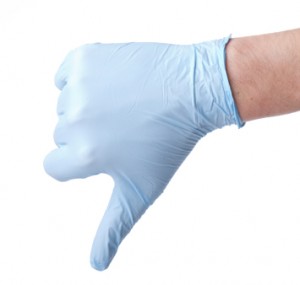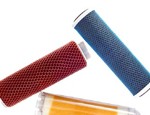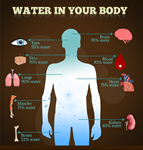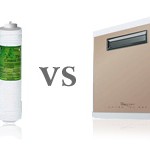What’s in YOUR Water
Think the water in your home is healthy? The sad fact is that in the name of public health, municipal water companies treat water with a number of chemicals that are known to be toxic to the body.
Maybe you know about these chemicals and opt to only drink bottled water. As it turns out, bottled water quality is less controlled than tap water. Levels of chemical contaminants that exceed the EPA’s standards for acceptable water quality have been found in bottled water all over the country.
Let’s take a look at the chemicals commonly used to treat tap water and their associated health risks. Then we’ll review some recent research on the quality of bottled water.
Tap Water Treatment
The most common chemical used by water treatment facilities is chlorine. Chlorine is added to water to kill bacteria and prevent bacterial growth in the system. Many water treatment plants now add ammonia for stronger antibacterial treatment. When chlorine and ammonia combine, chloramines are formed – which are much more difficult to remove and much more hazardous to your health.
A study conducted by Kenneth Cantor at the National Cancer Institute found that people who consumed 8 cups of chlorinated tap water for 40 – 59 years had a 40% greater risk of bladder cancer than those who drank less tap water or unchlorinated water. Individuals who had been drinking 8 cups of chlorinated tap water for 60 years or more had an 80% great risk of bladder cancer.
A study in Norway documenting 141,000 births over three years found a 14% increase in birth defects in areas where chlorinated water was used for drinking and bathing.
Aluminum sulfate is frequently used by water treatment companies to increase the clarity of the water. The higher the rainfall and snow/rain runoff amounts, the cloudier the water and the more aluminum sulfate used for treatment.
Aluminum sulfate is used because the suspended matter in the water that causes cloudiness binds with the aluminum sulfate and then sinks to the bottom of the water treatment tanks. But trace amounts of the substance are still left in the water. This is evidenced by some water filters getting blocked as the aluminum sulfate bind with filter media particulates making it impossible for water to pass through the fiber membranes used to catch particulates in the filters.
Bottled Water – What You May Not Know
Most people assume that bottled water is clean and pure because it has been purified to remove contaminants prior to bottling. What most people don’t know is that the bottled water industry is not regulated as strictly as water treatment plants.
Your local water treatment plant is required to produce a water quality report annually listing contaminants found in the water. The bottled water industry is a different story. The bottled water industry is not required to disclose the results of any contaminant testing it performs.
One study conducted in 2008 found that 10 major bottled water brands had over 35 different chemical contaminants – including fertilizer and pain medications.
Tests conducted by the University of Iowa Hygienic Laboratory of 10 bottled water brands purchased over 9 states found a wide range of contaminants in all brands tested.  Disinfection byproducts, caffeine, Tylenol, heavy metals, arsenic, radioactive isotopes, fertilizer residue and a variety of other chemicals used as solvents, propellants, and plasticizers were also found in most bottled water tested.
Disinfection byproducts, caffeine, Tylenol, heavy metals, arsenic, radioactive isotopes, fertilizer residue and a variety of other chemicals used as solvents, propellants, and plasticizers were also found in most bottled water tested.
In a 2011 article posted by the Natural Resources Defense Council which tested 1,000 bottles of 103 brands of water using three different independent laboratories found that about one-third of the bottled water tested had significant contamination. Contamination included levels of chemical or bacterial contaminants exceeding standards set by some states or industry guidelines.
Four percent of the samples were found to violate federal bottled water guidelines due to excessive fluoride content (one reason some people choose bottled water is to avoid fluoride) or excessive levels of coliform bacteria.
Know What’s in YOUR Water
Many water ionizer dealers have access to water quality reports or water testing facilities that can provide detailed information about the contaminants in your water. They can use this information to help you make a decision about prefiltration options to ensure the healthiest possible ionized alkaline water.
Before finding a company that offers to test your water – either online or in the phone book – consider this – most water quality tests only test for the basics like iron, lead, chlorine and fluoride.
To truly know what’s in your water, then talk with a water ionizer professional that has access to detailed testing.




Leave a Reply